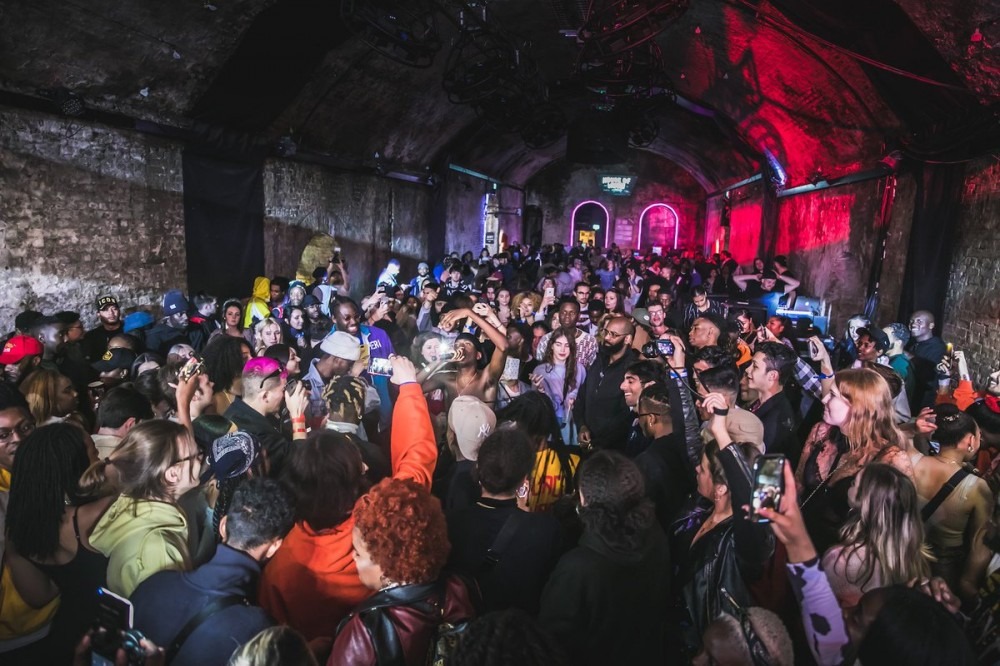The past three months have placed British arts and culture under unprecedented economic pressure.
With venues, theatres, cinemas, museums, and galleries closing their doors to prevent the spread of coronavirus, many have come close to financial ruin.
The past few weeks have presented an incredibly acute, economically bleak landscape. The National Theatre announced 400 redundancies, while even the prestigious Royal Albert Hall stared liquidation in the face, only 12 months before its storied 150th anniversary. In music, the situation has been particularly grim.
According to figures from the Music Venues Trust around 90% of live music hubs are threatened with closure, while last week saw more than 1500 artists unite to send Oliver Dowden – Secretary of State for Digital, Culture, Media, and Sport – a clear and emphatic message: something has to be done.
90% of grassroots music venues are under threat of closure without urgent support
50% of the industry’s workforce is facing unemployment
The music industry in 2019 contributed £4.5bn and supported 210,000 jobs across the UK
We need the government to step up! #letthemusicplay https://t.co/E7hl3PlcBi— Black Barbie Realness Apparently… (@BimAmoako) July 2, 2020
Overnight, it’s been confirmed that a rescue package for the arts has been pieced together. Around £1.57 billion has been allocated for the cultural sectors, a mixture of grants and loans to be utilised across the country. Introducing the measures, Oliver Dowden commented: “Our arts and culture are the soul of our nation. They make our country great and are the lynchpin of our world-beating and fast growing creative industries.”
“I understand the grave challenges the arts face and we must protect and preserve all we can for future generations. Today we are announcing a huge support package of immediate funding to tackle the funding crisis they face. I said we would not let the arts down, and this massive investment shows our level of commitment.”
ARTS NEWS
A £1.57 BILLION emergency support package
Weeks in the making to make this world leading fund to help the arts weather the storm of Covid
I said I wouldn’t let the arts down.
Culture and the arts matter, and this Govt backs you@RishiSunak @ace_national— Oliver Dowden (@OliverDowden) July 5, 2020
News spread swiftly, with Mark Davyd from Music Venues Trust commenting: “Music Venue Trust warmly welcomes this unprecedented intervention into Britain’s world class live music scene.”
“We’d like to thank the Secretary of State and the team at DCMS for the opportunity to work closely together throughout this crisis to develop genuine solutions to the challenges faced by grassroots music venues. This fund provides the opportunity to stabilise and protect our vibrant and vital network of venues and gives us the time we need to create a plan to safely reopen live music.”
UK Music acting CEO Tom Kiehl added: “The music industry was one of the first sectors to be hit by measures to tackle Covid-19. UK Music has long called for sector specific support to ensure live music can recover. Eligibility for grants and loans must be as broad as possible to ensure maximum take up from across the industry from those in desperate need of help. Those that don’t have a track record of public funding must also not be put at a disadvantage. We are seeking urgent talks with Arts Council England to discuss further.”
A very welcome and necessary move by this government. It took a huge amount of pressure from so many in the arts to have to point out our collective value. Some much needed relief and hopefully recognition, finally, of why arts and culture are so vital to this country. https://t.co/9dHYOnvWcl
— Independent Venue Week (@IVW_UK) July 5, 2020
The new announcement is, on the surface, the financial lifeline so many within music have been crying out for. But the praise does come with some caveats: will the scheme truly protect and support freelancers, many of whom have been left out of previous government announcements? How will the scheme balance its stated support for the physical infrastructure of the arts with actual people on the ground? How can small, grassroots venues – the lifeblood of British music – be brought into the main thrust of these moves?
Furthermore, given the government’s previous cultural steering group didn’t have a dedicated music voice, how can we expect these measures to specifically target areas within British music that fully require support?
It’s too early to tell, but given the sheer scale of the finance involved, its imperative that what emerges from this isn’t just an arts and culture community that can weather the current storm, but one that is confident to face down the challenges of a shifting marketplace over a number of years, or even decades.
This could be a pivotal moment for the way we approach culture in this country, a means to re-shape the support music receives, and its relationship to the nation as a whole. It’s vital that the government gets this right.
– – –

